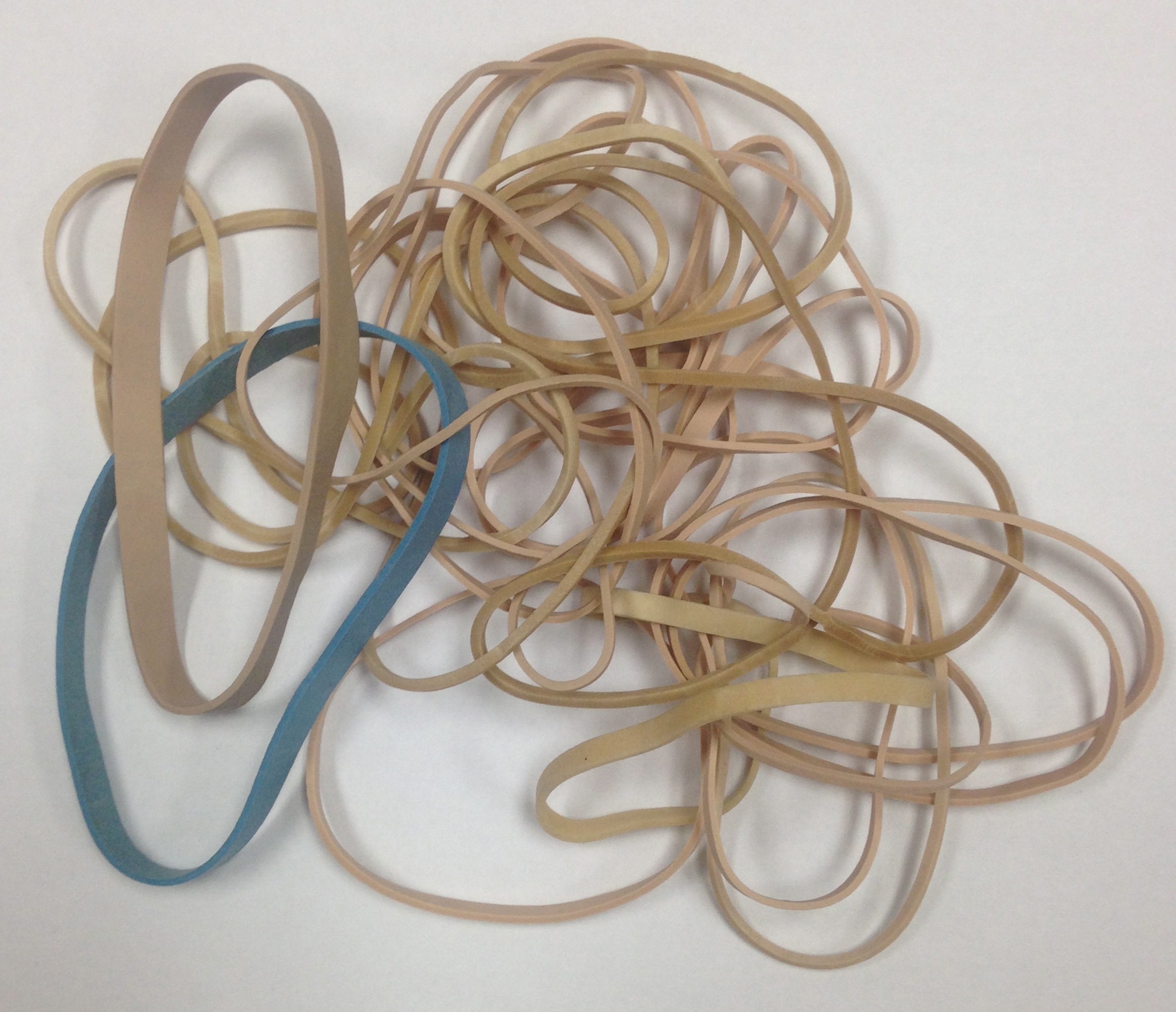Getting ready for a vacation is stressful enough as it is for an able-bodied, healthy person, but for someone suffering from an illness or disability taking a holiday can become a nightmare. When we travel we take for granted things like accessibility, mobility and proximity to trained healthcare professionals. It’s this kind of attitude, however, that leaves us unprepared for emergency situations. The best course of action (for any individual, really, regardless of ability) is to put a little more thought into the care that is required for you and your family to have a safe vacation. Is it a drag? Yes. Is it worth it? Totally. The best case scenario is that you have a peaceful, relaxing vacation knowing that you’re covered in an emergency. Worst case scenario is you’ll be grateful you put in the effort ahead of time so you can deal with your crisis as smoothly and efficiently as possible.
Here are some things to consider before you travel in order to have a safe vacation:
Location, location, location. It’s a good idea to do a little research before you travel so you’re up-to-date with the local living conditions (i.e., is there safe drinking water?) and which diseases may be endemic to that region. A travel vaccine clinic or your family doctor may have information on which travel vaccines may be appropriate for you or your family and how often they need to be updated.
It pays to be insured. If you do skip the travel insurance, make sure you’ve got money in reverse in case you incur any medical expenses while traveling.
But know what your insurance covers. You may still incur additional expenses such as medications, etc. that are not covered under your current plan, so it’s best to be prepared. It’s also a good idea to find out ahead of time if there are any implications should you actually have an emergency. It may seem scary to explore the worst-case scenario but you’re better off knowing know that your insurance won’t cover expenses such as prolonged hospital stays or medical transportation.
Accessibility is also key. Do your due diligence and find out where the closest medical facilities are. You may also want to plan your activities with certain conditions in mind, such as proximity to washrooms, accessibility for wheelchairs, etc.
Play by the rules. Find out the customs regulations ahead of time, and make sure you plan accordingly- sometimes a doctor’s note is required to travel with certain medications. And always, always, always pack your pills in their original bottles with the prescription label to clearly identify them as yours.
Finally, go easy on yourself. Don’t push yourself too hard or jam-pack your schedule, or have too strict an itinerary. The idea is to have fun and relax, so choose a trustworthy companion that has a basic understanding of your medical condition. A truly understanding friend will let you know when you’ve pushed your limits, and not be resentful about any rest or recovery time you might need.
Safe travels!
B

Have you faced any challenges while traveling? Do you have any crazy travel stories? Warnings for future travelers? I want to read them all in the comments below, or you can email me at keepingbusyb@gmail.com. Wanna find out more about vacation planning? Click here.
Managing your personal life actually takes a lot of work and organization- even when it seems like it really shouldn’t. Here I’ve researched all the many ways I could make my life easier here, from choosing an outfit to choosing a colour for your bedroom. For even more best practices for a better life, click here and here.


 In case I didn’t stress it enough above, I am not perfect- I’m still learning every day new ways to treat myself better and achieve a happier, healthier lifestyles. What are some of the solutions that have helped you? I’d love if you dropped me a line or commented below and let me know. We can all benefit from each others knowledge!
In case I didn’t stress it enough above, I am not perfect- I’m still learning every day new ways to treat myself better and achieve a happier, healthier lifestyles. What are some of the solutions that have helped you? I’d love if you dropped me a line or commented below and let me know. We can all benefit from each others knowledge! Once in awhile, you will find yourself in a tangle.
Once in awhile, you will find yourself in a tangle.